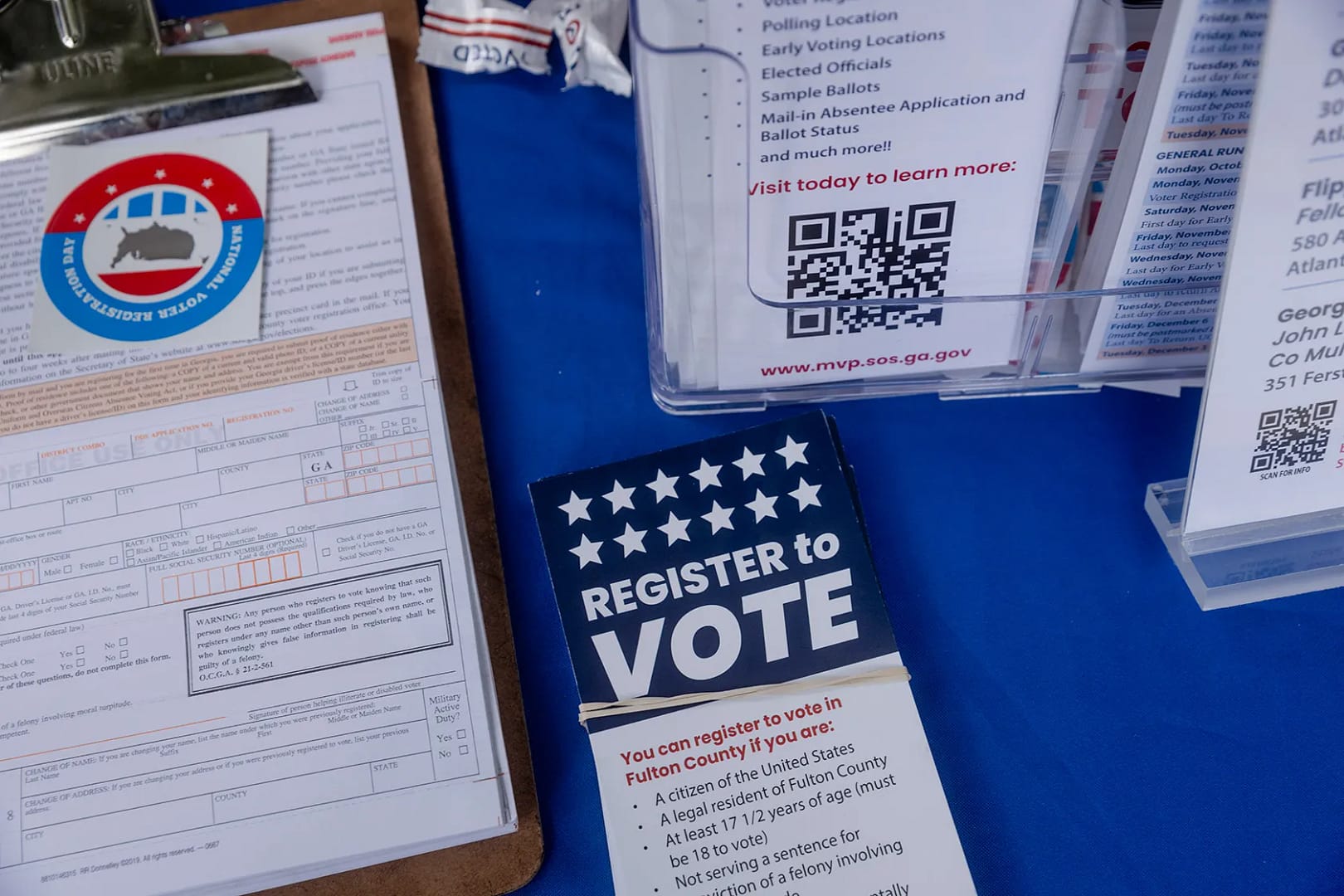Recently, the U.S. House of Representatives passed the SAVE Act. This act mandates proof of U.S. citizenship for voter registration. Advocated by Republicans, it aims to prevent noncitizen voting. Voting rights groups argue this could disenfranchise millions of eligible voters. The legislation has sparked debate about voting rights and access.
SAVE Act
The SAVE Act, or Safeguard American Voter Eligibility Act, was introduced to address concerns about noncitizen voting. Supporters claim it is necessary to ensure the integrity of elections. Currently, federal law prohibits noncitizens from voting, with severe penalties for violations. Instances of noncitizen voting are rare and usually unintentional.
Impact on Voter Registration
If enacted, the SAVE Act will require all new voter registration applications to include proof of citizenship. This will affect individuals who need to update their registration due to a name change or relocation. Existing registered voters will not be impacted unless they have a change in their registration details.
Required Documentation
The act specifies acceptable documents for proving citizenship. These include a REAL ID-compliant driver’s license, a valid U.S. passport, and military ID cards. Other options include a government-issued photo ID combined with a birth certificate. However, many driver’s licenses do not indicate citizenship status, complicating compliance.
Challenges in Document Access
Critics highlight that many Americans lack easy access to necessary documents. Birth certificates and passports are not readily available for everyone. Women may face additional challenges if their names have changed due to marriage. The SAVE Act does allow states to accept supplemental documents, but critics argue it lacks clear guidelines.
Submission Process for Documents
The legislation requires applicants to submit proof of citizenship in person at local election offices. This poses a challenge for those living in rural areas. The act aims to ensure reasonable accommodations for individuals with disabilities, yet details on implementation remain vague.
Political Motivations and Responses
Republicans assert that any noncitizen voting undermines election integrity. Democrats counter that the current laws already address this issue and that the focus should be on improving voter registration processes. They argue that the SAVE Act could hinder legitimate voters from participating in elections.
Recent Examples and Statistics
A review in Michigan found 15 cases of suspected noncitizen voting from over 5.7 million ballots cast in the 2024 election. This marks the rarity of such incidents. Critics argue that the legislation’s potential consequences far outweigh the minimal cases of noncitizen voting.

Leave a Reply